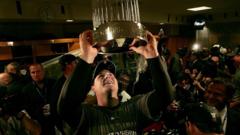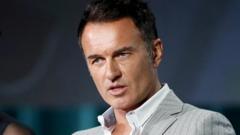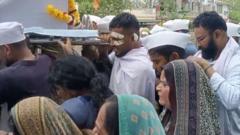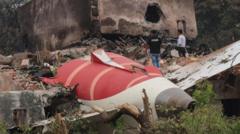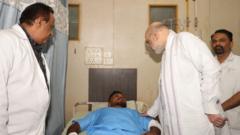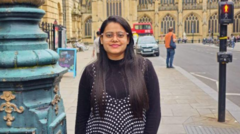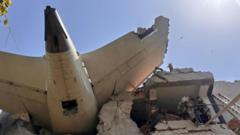As I sat waiting for news during a trip to London, the reality of illness urged me to confront the Holocaust narrative I had long hesitated to write.
The Unwritten Holocaust Story: Reflections on a Friend's Legacy

The Unwritten Holocaust Story: Reflections on a Friend's Legacy
A personal reflection on memories and the weight of storytelling in the shadow of the Holocaust.
In November, while conducting business in London, I received news about my friend Ilana Lindenblatt's father, Jehuda, who was terminally ill with cancer. Even from afar, I sensed a profound sadness resonating from her. It prompted me to reflect on the memories I had of him over the years—his unique personality, his caring nature, and the peculiarities that defined his presence in our lives.
Jehuda was not just another neighborhood character but a survivor of the Holocaust, a reality that permeated our community. In Brooklyn, survivors' stories were part of our daily lives, woven into our education at the yeshiva high school Ilana and I attended. We were immersed in Holocaust history, examining its tragedies while overlooking other aspects of our cultural heritage.
The weight of our education was heavy—elaborate considerations of the Holocaust and its implications took precedence over other subjects like art and music. As a student, I often joked about receiving a "Holocaust education," a seemingly narrow focus that has left an indelible mark on my life and experiences. I had read Elie Wiesel’s "Night" multiple times, while the American Revolution remained a distant memory.
Yet, as I search for the right words to tell Mr. Lindenblatt's story, I feel an overwhelming pressure. Stories like his deserve to be told with the gravitas they warrant, and it complicates my hesitance to share. How do you encapsulate a man's life when that life is interwoven with the horror of genocide? The challenge lies not only in how to honor his legacy but also in understanding the larger implications of his survival amidst the darkness.
Now, as reflections of both pain and joy fuel my thoughts, I grapple with the responsibility of sharing narratives that are often intertwined with immense sorrow. In the end, it is the essence of our shared experience and the lessons of the past—the very essence we carry into the future—that compel me to finally write this unwritten story.
Jehuda was not just another neighborhood character but a survivor of the Holocaust, a reality that permeated our community. In Brooklyn, survivors' stories were part of our daily lives, woven into our education at the yeshiva high school Ilana and I attended. We were immersed in Holocaust history, examining its tragedies while overlooking other aspects of our cultural heritage.
The weight of our education was heavy—elaborate considerations of the Holocaust and its implications took precedence over other subjects like art and music. As a student, I often joked about receiving a "Holocaust education," a seemingly narrow focus that has left an indelible mark on my life and experiences. I had read Elie Wiesel’s "Night" multiple times, while the American Revolution remained a distant memory.
Yet, as I search for the right words to tell Mr. Lindenblatt's story, I feel an overwhelming pressure. Stories like his deserve to be told with the gravitas they warrant, and it complicates my hesitance to share. How do you encapsulate a man's life when that life is interwoven with the horror of genocide? The challenge lies not only in how to honor his legacy but also in understanding the larger implications of his survival amidst the darkness.
Now, as reflections of both pain and joy fuel my thoughts, I grapple with the responsibility of sharing narratives that are often intertwined with immense sorrow. In the end, it is the essence of our shared experience and the lessons of the past—the very essence we carry into the future—that compel me to finally write this unwritten story.

